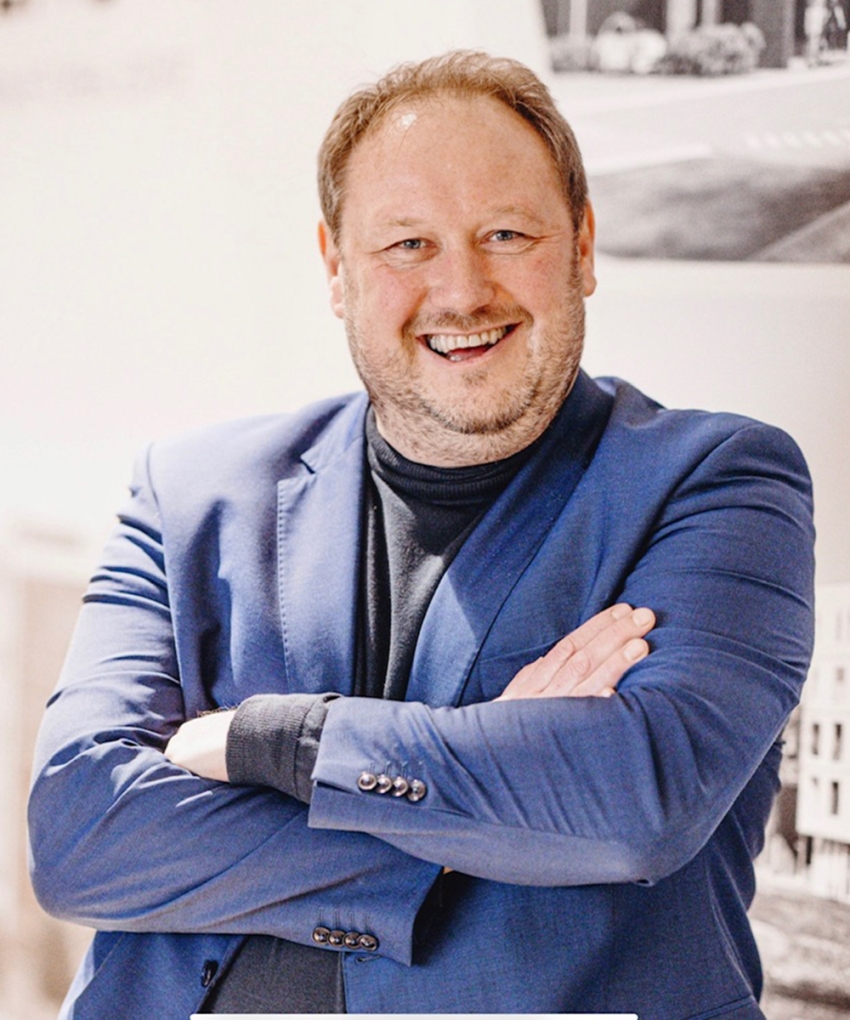How to sell your product to the C-suite. 5 pitching tips for start-ups and scale-ups
How to sell your product to the C-suite.
5 pitching tips for start-ups and scale-ups.
You will only get 1 chance to pitch your solution to C-levels. So you need a strong pitch to get new corporates in your portfolio. How do you give a fabulous elevator pitch? Geert Van Mol, former CDO of Belfius and Denis Knoops, former CEO of Delhaize share their five top pitching tips.
Thousands of B2B software sellers want to sell to corporates. But those do not open doors for every start-up or scale-up. 15 to 30 seconds, that is the attention span C-levels give when they meet founders of start-ups or scale-ups.
The following pitching tips for founders will help you in the future. Geert Van Mol (former CDO of Belfius, today CEO of Real Estate developer Steenoven) and Denis Knoops (former CEO of Delhaize Belgium and today investor en start- en scale-upcoach) shared their tips for founders on the Sales Summit of Fortino Capital.
Tip 1. Know the needs of your prospect
"The higher you are in the company, the less time you have", Knoops explains.
"The most horrible question a founder can ask me, is to explain my strategy in order to see what they can do for me", Van Mol says. "I get this question quite often. At least 50 per cent of the founders that approach me, ask this very same question.”
“I am sorry, but do not waste my time if you want to convince me! At least you must understand the market you play in. If you want our company as a client, you must know and understand our needs instead of asking for them."
“If you want our company as a client, you must know and understand our needs instead of asking for them." Geert Van Mol (CEO of Real Estate developer Steenoven)

2. Answer the most important question in the world
In order to convince C-levels you have to answer one easy question: What assets do you have that can speed up our business?
Do not speak about your ideas, plans and the people you would hire. "Half of the pitches I hear are about ideas! I am not interested in ideas", says Van Mol. "I am more interested in the assets that are already present in your company today: your product and the people in your team.”
"Unfortunately," Van Mol says, "only 1% of the pitching start-ups and scale-ups can answer that question!"
His advice: Give a specific and inspiring answer to my question. Tell me:
- What is the product you create or the expertise you have?
- How can it speed up my strategy?
- What is different from existing solutions?
- How quickly can I integrate It?
Let us be frank. It is not easy to answer these questions in 30 seconds. But if you pass that hurdle, Knoops and Van Mol are ready to give you some extra time.
3. Emphasise you are based in Europe
A lot of European corporates are looking for local alternatives to American software because it is pricey and often complex to use. Moreover American software companies are often arrogant and hard to reach. "That is why there is a big market for small local players."
"We needed a CRM programme in 2005. But Salesforce is very expensive. I would have had to pay the full licence while we would only use a small part of it", Van Mol recalls from his time at Belfius. "So when the software start-up Efficy told me it does the same as Salesforce, but cheaper, I was convinced. As a Belgian organisation we would work with a Belgian early-stage product! Efficy could deliver what we needed and what they have promised. And we could integrate it better."
4. Do not mention your technology
C-levels do not care about start-ups or scale-ups, they only care about their own company. They also do not care about the latest technology in town. "I am very rarely impressed by technology", Knoops says. “So do not explain your technology. Explain your solution.”
"I am very rarely impressed by technology. So do not explain your technology. Explain your solution.” Denis Knoops (investor en start- en scale-upcoach)

5. Create a human connection
Big companies are different from smaller and more agile start-ups and scale-ups. "They have a different energy. They work completely different. It's like they are acting in another world. They do not understand each other", Knoops stresses, "In the corporate world people are paid every month. They go on vacation without worrying about their revenue. They do not have the same willingness to succeed."
That makes it difficult for start-ups and scale-ups to connect with big companies on a company level. The solution to this difficulty is to focus on human connections.
"You know someone I know!", explains Van Mol. "Or I like pizza just like you. Or our boys do play in the same sportsclub. You only get a chance if you make that human connection. Try to make a peoples connection through the real world. This will create a willingness to listen more carefully with more time than the one-minute message.”
“This peoples connection or reference will be remembered, even if your product name or pitch is forgotten. The human connection is more naturally remembered.”
If you’re a Europe-based B2B SaaS company looking for advice and potential investment, we can help. Get in touch, and let’s get the conversation started.